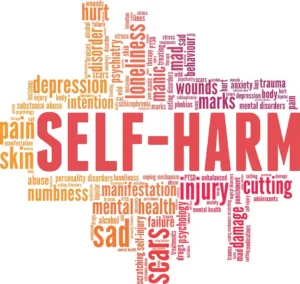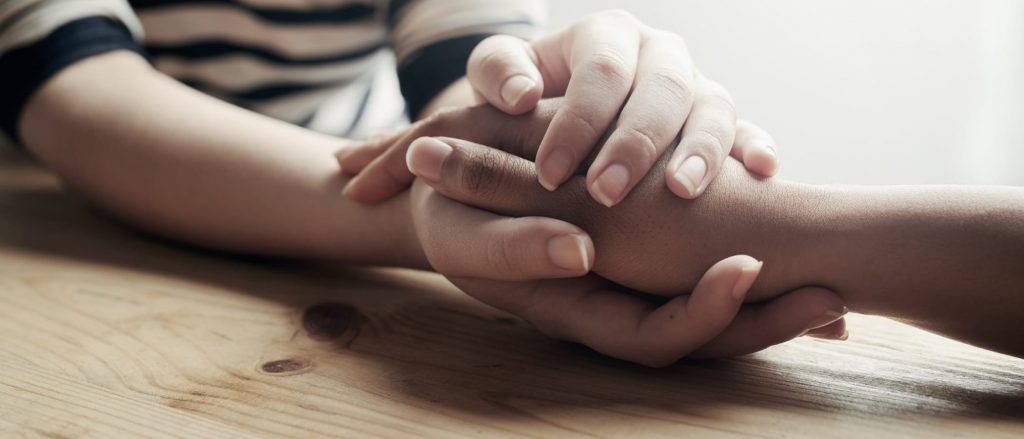Learn about self-harm, why people do it, the risks involved, and how to help yourself or others in a safe and supportive way.
What is Self-Harm?
Self-harm or self-injury is when a person intentionally hurts themselves. Common methods include cutting with a sharp object, burning, hair-pulling, or preventing wounds from healing. Severe cases can even lead to broken bones.
Self-harm is often a sign of emotional distress. While it may temporarily relieve painful emotions, it can lead to shame, permanent scars, and interfere with school, work, and relationships.
Why Do People Self-Harm?
Self-harm is not a mental illness, but a behavior signaling difficulty coping with emotions. It is often associated with depression, borderline personality disorder, eating disorders, anxiety, or PTSD.
It occurs most commonly in teens and young adults, especially those who have experienced trauma, neglect, or abuse. Triggers may include overwhelming anger, frustration, or emotional numbness. Sometimes, self-injury triggers endorphins, temporarily improving mood.

Recognizing Self-Harm in Others
- Frequent bruises, cuts, or bandages.
- Wearing long sleeves and pants even in hot weather.
- Exhibiting hopelessness, impulsivity, or difficulty relating to others.
How to Help:
- Listen without judgment.
- Encourage professional support.
- Avoid forcing them to stop immediately; quitting requires more than willpower.
Advice for Staying Safe
- Take care of injuries to avoid infection.
- Seek medical support if injuries are serious.
- Create a safe box with calming activities: books, music, puzzles.
- Avoid alcohol and drugs as they impair emotional control.
- Engage in enjoyable activities and healthy ways to release emotions: sports, journaling, screaming into a pillow, meditation, deep breathing.
- Be gentle with yourself; recovery is about progress, not perfection.



